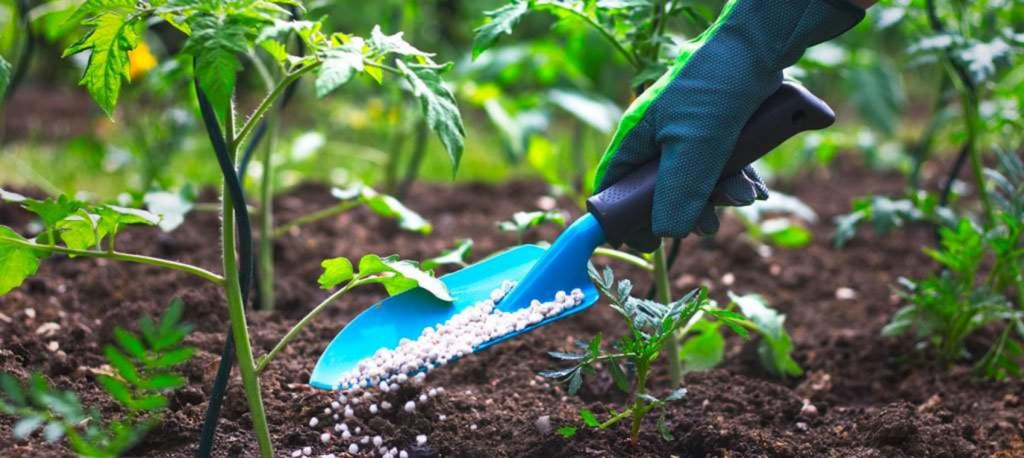Imagine a world without water or even air. Imagine how catastrophic that would be. That would be our reality if fertiliser production were to end. There is a crisis right at our doorstep which needs our attention. The fertiliser shortage is not a new issue, but it is becoming an even bigger issue as the years go by and has only been exacerbated by the COVID-19 pandemic. To highlight the importance of the attention and care needed during the crisis, ‘fertiliser’ should be explained.
Fertiliser is to plants what food is to humans. Of either natural or synthetic origin, it is essential to the growing process of plants by providing them with nutrients. Some of the major components of fertilisers are nitrogen, phosphorus, and potassium, of which NPK is a popular form. Fertilisers play a significant role in the agriculture industry as they enhance soil nutrition and exponentially increase the yields of crops.
Ghana, being a largely agricultural country and in the business of mainly using fertilisers of a synthetic nature, is in a lot of trouble because synthetic fertilisers are especially in short supply globally. Ghana mainly imports its fertilisers, and a damning effect of this shortage is the price increase a buyer country such as ours will have to face.
In seller areas such as Europe and China, shortages were due to several issues.
First, extreme weather conditions. This led to late demand for nitrogen by farmers, thereby keeping prices high.
Next, the increase in the cost of energy for production, a price hike of natural gas, which is a key component for fertiliser manufacturing, and plant shutdowns in efforts to conserve electricity. A price increase, coupled with the impact of the fertiliser shortage, negatively affects the total cost of production for farmers, thereby reducing their profit margins. In addition to this, there is a looming shortage and price increase in food crops such as maize in the country.
Let us use the price of fertiliser over the past few months to underline the critical point we are at. According to Index Mundi, in October 2020, the price of fertiliser was around $357.10 compared to now, November 2021, with the price at $813. This is a 56% increase; how is anyone supposed to keep up?
With farming, time is a necessity and there are windows for each stage of the process; with a shortage, there is a delay in planting and this throws off schedules.
In Ghana, discussions have been held, the time has been spent, all to understand and decide if there was a shortage and an incoming fertiliser crisis. However, a conclusion has been made and acknowledgement of the shortage has been given. Even further, explanations have been given in the hopes of understanding and trying to mitigate these circumstances.
Now I know what you might be thinking: “Does this situation mean the end of the world? Are there no other options?”
The answer is “not necessarily.” I have examined viable alternatives, so you do not have to. The most prominent answer is “organic fertilisers.” This type of fertiliser is made of plant and animal waste – think manure or compost. Although these can be in processed forms as well. There are advantages to using this kind of fertiliser, such as soil structure improvement, reduction in the need of pesticides and ultimately it is sustainable and environmentally friendly. These sound well and good but unfortunately, they also come with disadvantages, organic fertilisers come from all sorts of places; examples are, human waste – faeces and urine that have been excreted from the human system after digestion; bat faeces – harvested from bat caves; bone meal; ground-up bones of animals among others. Due to this, not all organic fertilisers are equal since they produce fluctuating results. This is also because of the complicated and messy process that composting organic matter is. Lastly, the nutrient level in these organic fertilisers is usually low and therefore it requires huge volumes to meet the nutrient requirements of plants.
In Ghana, maize is a staple crop as it makes a nation’s favourite, Kenkey. As a Ga myself, this shortage of a critical element for growing this crop is a tragedy in my eyes. Not only does this affect our food supply as humans, but maize and the other cereals are also important in poultry feed, and if the chickens are not eating, then we cannot eat those chickens. Life is a cycle to which everything contributes, and we cannot possibly survive if one element is taken out.
We are all stakeholders in this agriculture industry, and not only does this global shortage of fertilisers affect the wealth of our smallholder farmers, but it also affects the possibility of our survival in the long term.

